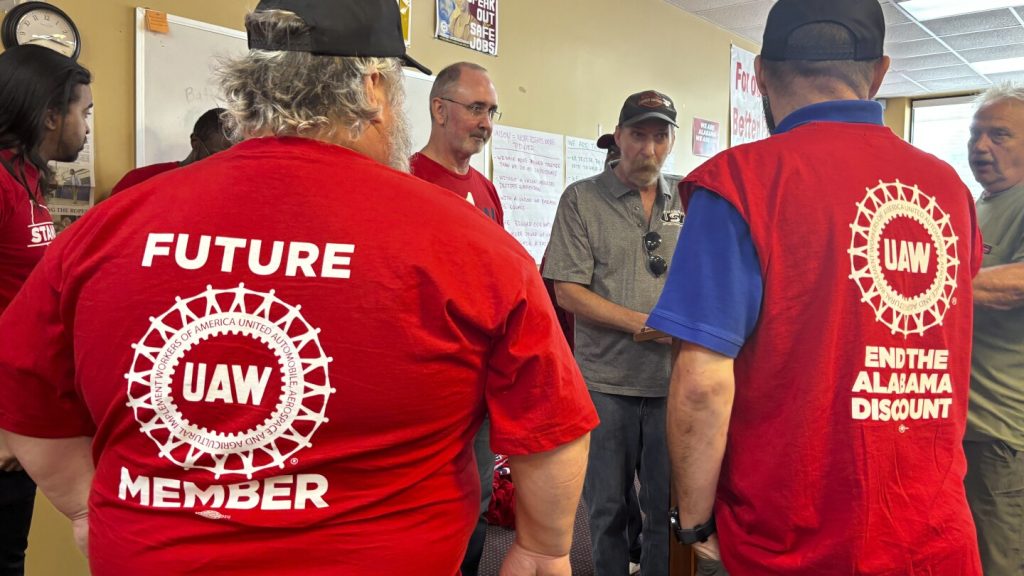The United Auto Workers have accused Mercedes of interfering in a union election at two Alabama factories, claiming that the company intimidated and coerced workers into voting against joining the union. Following the workers’ decision to reject the union, the UAW filed an objection with the National Labor Relations Board, seeking a new vote. The union alleged that Mercedes engaged in illegal tactics, including unlawful discipline, captive audience meetings, and coercive behavior, in an effort to prevent workers from unionizing. The UAW maintains that in a fair fight where Mercedes follows the law, workers will choose to be represented by the union.
A spokesperson for Mercedes-Benz responded to the accusations by stating that over 90% of team members participated in the election, with a majority indicating they were not interested in being represented by the UAW for collective bargaining purposes. The company emphasized that they sought to ensure a fair election process and had worked with the NLRB to comply with guidelines. Despite the UAW’s objection, employees at Mercedes’ battery and assembly plants near Tuscaloosa voted 56% against joining the union, dealing a blow to the UAW’s efforts to unionize workers in the Deep South. This defeat followed a recent victory for the UAW at Volkswagen’s assembly factory in Chattanooga, Tennessee.
The union’s filing with the NLRB highlighted various allegations against Mercedes, including the firing of pro-union employees, allowing anti-union employees to solicit support during work hours while prohibiting pro-union employees from doing the same, and conducting anti-union captive-audience meetings. The objection also mentioned the company’s display of anti-union propaganda and prevention of the distribution of union materials in non-work areas. Additionally, Mercedes reportedly targeted union supporters with drug tests and engaged in behavior that exacerbated racial tensions through inflammatory appeals to prejudice. The NLRB confirmed the filing of the objection, stating that the regional director would review the claims and could order a hearing to investigate the conduct.
If it is determined that Mercedes’ conduct influenced the outcome of the election, a new vote could be ordered by the NLRB. The union remains committed to advocating for workers’ rights and ensuring that they have a fair opportunity to have a voice in their working conditions. Despite the setback in Alabama, the UAW continues its efforts to organize workers in the auto industry, particularly in the Deep South region. The outcome of the NLRB’s review will have implications for both Mercedes and the UAW, as they navigate the complex landscape of labor relations in the United States. The dispute between the union and the company underscores the ongoing challenges faced by workers seeking to organize and collectively bargain in an increasingly competitive and contentious environment.


